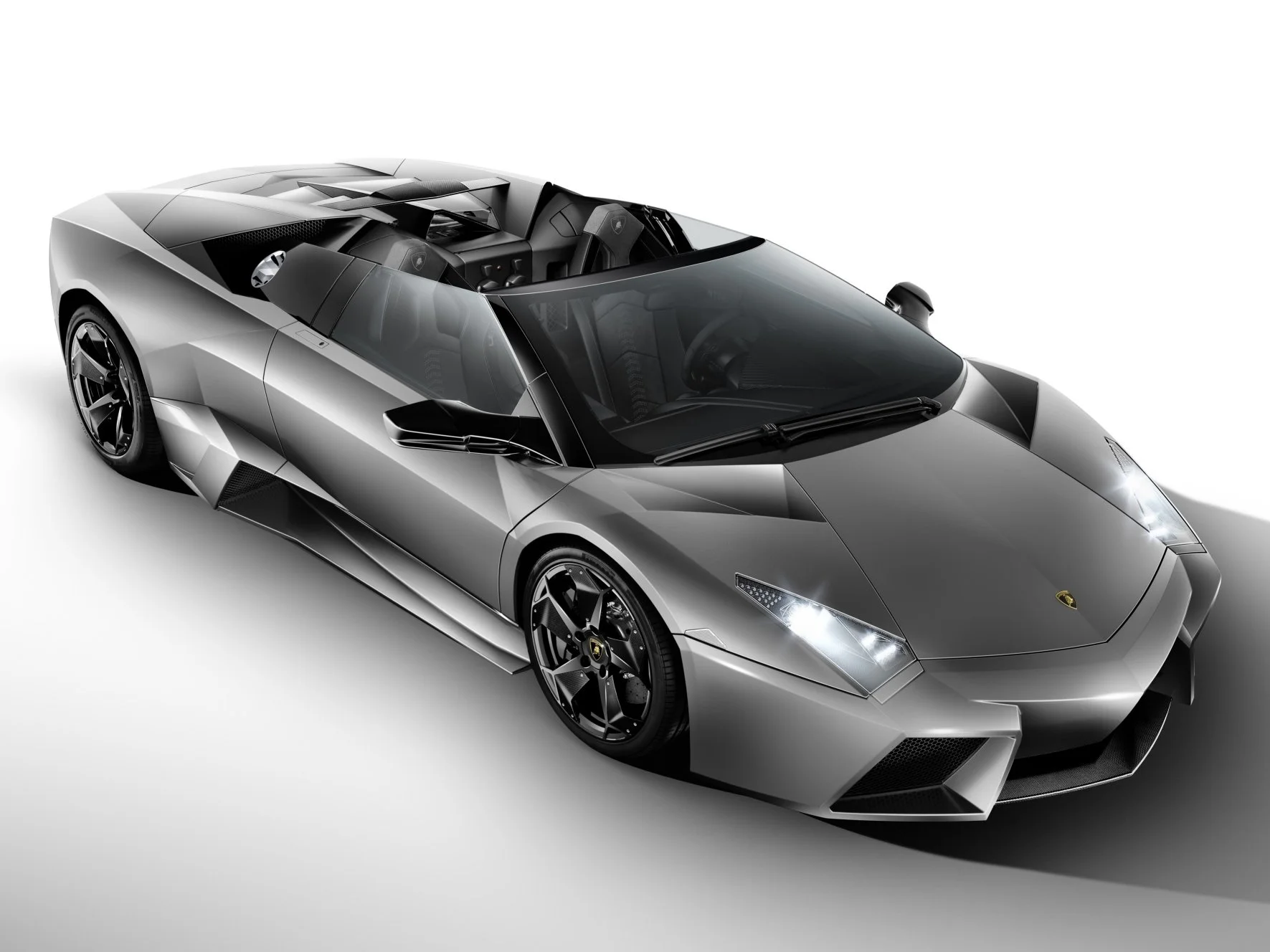Don’t Be Rich, Be Wealthy—Knowing the Difference
The fine line between being rich and wealthy is nearly invisible, yet sharp enough to cut even the richest down to crippling insolvency.
At some point in your life, you might encounter someone driving a sports car worth millions—whether paid in cash or debt.
On the flip side, you could meet someone dressed plainly, driving a modest sedan, yet earning a six-figure income without ever stepping foot in an office.
Many of us aspire to be rich, but the ultimate goal for true financial independence is to be wealthy, not just rich. And there’s a significant difference.
The Paradox of Buying a Nice Car
Imagine you’re a tourist in a city of millionaires—think Monaco, Seoul, or Dubai. Stroll through the business district, and you’ll likely spot luxury cars like Porsches or Lamborghinis cruising down the boulevards.
Now, picture one of these luxury cars pulling up and parking right in front of you. The door opens, and your curiosity spikes: Who’s the lucky millionaire behind the wheel? Do I know them?
But here’s the twist: as a spectator, your thoughts are less likely to be, “The driver is so amazing,” and more, “If I had that car, I’d be so amazing.” This phenomenon is known as The Man in the Car Paradox.
I first encountered this concept in Morgan Housel’s The Psychology of Money. Housel explains that when it comes to desiring—and spending—wealth on things like luxury cars, there’s a paradox at play:
People tend to want wealth to signal to others that they should be liked and admired. But in reality, others use your wealth as a benchmark for their own desire to be liked and admired.
In other words, people are far more focused on themselves than on your desire for attention and admiration.
Unless you’re a global superstar like BTS or Taylor Swift, most onlookers will be too busy admiring the car and wishing it were theirs to spare a thought for the driver.
Receipts are Unseen, and Everyone’s Busy
Lamborghini’s most expensive car sold is the Veneno Roadster at $8.3 million (Php 461 million) and its fifth most expensive car, Reventon Roadster, at $2.2 million (Php 122 million).
Now, based on the images below, can you tell which one is the Veneno Roadster?
Take a moment to think.
If you guessed the yellow car, you’re wrong—it’s actually one of Lamborghini’s more affordable models, the Gallardo.
If you picked the dark grey car, that’s incorrect too—it’s the Reventon Roadster, not the Veneno Roadster. Neither of the cars shown is the Veneno Roadster.
For the average person, all we see are sports cars that likely cost years—or decades—of salaries. We have no idea if the owner paid in cash, took out a loan, or even sold their home to afford that dream car for a single trip to Monaco. They could’ve spent 10 million in cash or 10 million in debt, but we’d never know.
The truth is, receipts and bank statements are hidden. It doesn’t matter if you spend 10 million or 10 thousand on a car—most bystanders only see the price tag, not the financial reality.
Few of us bother to research the value of our own belongings, let alone a stranger’s.
So why spend more for the same fleeting attention?
Wealth Wins
Riches are the material things you’ve already purchased. It doesn’t matter whether the cash came from savings or debt. Driving the latest Porsche or wearing a diamond-encrusted Rolex signals to the world that you’re rich. After all, it takes a considerable amount of cash to afford such luxuries.
But here’s the catch: being rich tells us almost nothing about your wealth. It only shows that you spent x amount of money. Wealth, on the other hand, is different. You can be rich without being wealthy.
Wealth is the invisible, unseen numbers. It’s the freedom to pursue passion projects outside a nine-to-five job. It’s the jewelry, mansions, and cars you didn’t buy because you chose to save or invest instead. Wealth is the investment portfolios that pay yearly dividends, the bank accounts that earn interest, and the income-generating assets that aren’t just collateral for debt or symbols of an extravagant lifestyle.
Wealth isn’t about high numbers or digits—it’s about what those numbers afford you. Most importantly, wealth buys the most valuable dividend that riches alone cannot: Time.
Time to pursue your passions, attend your child’s graduation, celebrate at your brother’s bachelor party, or enjoy other priceless experiences that money can’t measure. If you’re rich but not wealthy, you’ll spend more time worrying about earning and spending money than saving and investing it to create the freedom to focus on what truly matters.
As Morgan Housel puts it: “The world is filled with people who look modest but are actually wealthy, and people who look rich but live at the razor’s edge of insolvency.”
Conclusion
It’s perfectly fine to spend money on yourself and improve your standard of living. But it’s crucial to remember that being rich doesn’t mean you’re wealthy. Your time is more valuable than anything you own or will ever own. Reckless spending and living beyond your means steal that time from you.
Time, once lost, can’t be regained. A lifestyle built on wealth—not just riches—gives you the freedom and flexibility to make the most of your time. So, aim to be more than rich. Be wealthy.




